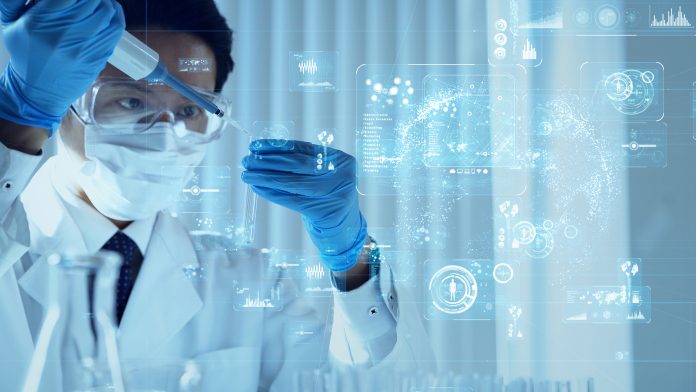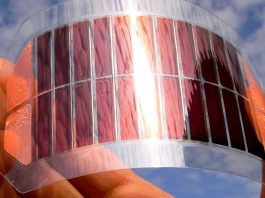University of Amsterdam chemists have developed a robot with an integrated AI-driven Machine Learning Unit to accelerate chemical discovery for the pharmaceutical industry.
The Machine Learning unit named RoboChem is a benchtop device that can outperform a human chemist in terms of speed and accuracy while also displaying a high level of innovation.
The first-of-its-kind robot has the potential to accelerate the chemical discovery of molecules for pharmaceutical and many other applications.
The results were published in the journal Science.
About RoboChem
Developed by the group of Professor Timothy Noël at the UvA’s Van‘t Hoff Institute for Molecular Sciences, RoboChem is a precise and reliable chemist that can perform a variety of reactions while producing minimal amounts of waste.
Noël said: “In a week, we can optimise the synthesis of about ten to twenty molecules. This would take a PhD student several months.”
The system delivers results quickly and provides the settings for scaleup. Because of this, chemical discovery can be accelerated for the pharmaceutical industry.
How does RoboChem work?
The researchers are experts in flow chemistry, a new way of performing chemistry where systems of small and flexible tubes replace traditional chemistry tools.
In RoboChem, a robotic needle collects starting materials and mixes them together in small volumes of just over half a millilitre. These then flow through the tubing system towards the reactor. There, the light from LEDs triggers the molecular conversion by activating a photocatalyst in the reaction mixture.
The flow continues toward an automated NMR spectrometer that finds the transformed molecules.
The data is fed back in real time to the computer that controls RoboChem.
Efforts to substantiate the results have been put in by the team, with all molecules being isolated and checked manually.
Replicating previous results for chemical discovery
RoboChem was also used to replicate previous research published in four randomly selected papers.
The team determined whether RoboChem produced the same or better results.
Noël said: “In about 80% of the cases, the system produced better yields. For the other 20%, the results were similar.
“This leaves me with no doubt that an AI-assisted approach will be beneficial to chemical discovery in the broadest possible sense.”
Fostering breakthroughs in chemistry with AI
RoboChem and other computerised chemistry will be relevant for the generation of high-quality data.
“In traditional chemical discovery, only a few molecules are thoroughly researched. Results are then extrapolated to seemingly similar molecules. RoboChem produces a complete and comprehensive dataset where all relevant parameters are obtained for each individual molecule. That provides much more insight,” said Noël.
The system also records negative data. In current scientific practice, most published data only reflects successful experiments.
“A failed experiment also provides relevant data,’ said Noël. “But this can only be found in the researchers’ handwritten lab notes. These are not published and thus unavailable for AI-powered chemistry. RoboChem will change that, too. I have no doubt that if you want to make breakthroughs in chemistry with AI, you will need these kinds of robots.”









